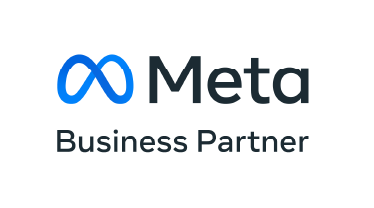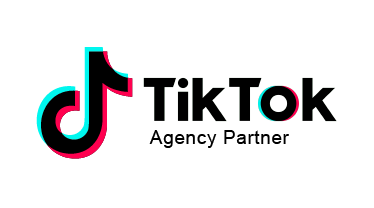What is Search Intent & Its Importance in SEO Strategy
Search intent, or user intent, is the aim users try to achieve while searching for information in search engines. Sometimes the searcher can locate an information source unique in their search. For example, a search to find pizza recipes is different from looking for takeaway pizza which differs from looking for the history of pizza. Although most users are primarily interested in the same subject (pizzas), their intents differ.
On top of monthly search volume or keyword difficulty, search intent helps you think about the type of content that’s going to best serve a particular search query.
Table of Contents
Search intent is about what searchers are looking for and why
Search intent (or user intent, audience intent) is the reason why a searcher is doing a specific search. It’s important to understand what your potential customer is looking for, so that you can find him/her and serve them with relevant content.
Search intent can be one of three things: Information, Product, or Brand. If they are searching for information related to what they are interested in (e.g. “how to grow tomatoes”), then this would be informational search intent. If they’re searching for products or services related to what they want (e.g. “buy tacos”), then this would be product/service search intent. And if they are specifically looking for your brand (e.g. “Taco Bell”), then this could be brand name intent.
Better intent optimization can drive more relevant and qualified traffic to your website. Rank higher by creating content that search engines understand to be more valuable and relevant to their users. When you’re in the market for link building, you can’t just throw together any old content and hope it does the trick. You need to know what your audience is looking for and what kind of content they want to see.
The 4 Types of Search Intent
While many overlap, you can segment search intent into four main categories: These will generally correspond to your audience’s purchasing experience. Users may search the Internet for information when they first learn about you.
When someone warms up and considers buying, they could begin a commercial search term for their product. Converting is when a transaction keyword comes into effect. Below we will discuss every search intent, its relevance, and what to target these keywords with.
Navigational Search Intent
Navigational intent relates to users wanting to find a specific website. Navigational keywords come from someone looking for a specific thing (website, product, address, phone number, hours, etc.). If you’re targeting such keywords, then it is unlikely to require a new product to be offered.
Informational Search Intent
Information-oriented searches mean the user is looking for knowledge. Google often uses the search engine results pages for more specific questions with concrete answers. Questions may be extremely precise (“What’s the age of Madonna?”) or complicated (“Critiques on the Illiad”).
Users will probably use informational keywords when first getting to know you. When they’re warming up to you, considering a purchase, they might start using commercial keywords. And when they’re ready to convert, that’s where transactional keywords come in.
To target keywords with informational intent, pay close attention to the information users are searching for. Write your content to provide it as clearly as possible.
By formulating keywords with intent-specific words, you can increase your chances of being seen by people with matching search intent. What do we mean by intent-specific words? Well, keywords with transactional intent will often contain words like: buy, deal, discount, or product names
Transactional Search Intent
A consumer looking for a transaction may also need to complete email sign-up forms, shop visits, etc. Often transactions are direct, thereby clearly showing what you want. Your landing page should clearly outline what it is you’re selling and how your particular product will benefit the customer and fulfil their transactional search intent. These pages often meet the user’s intent because it is where they will make a transaction.
Commercial Search Intent
Commercial search intent can be interpreted as a hybrid between information or transaction. It involves people searching with the intent to either buy or educate themselves better on available choices, e.g. product comparisons.
Why is Search Intent Important for SEO?
Search intent is one of the most important concepts in SEO. It’s basically a measure of how the user is trying to solve a problem, or what they’re looking for when they search for information online. If you want to get your content found by people who are looking for it, then you need to understand what their search intent is. This will help you create content that makes sense to them and builds trust with them.
Search intent is also important because it can help you figure out how much competition there is for your keywords. If there are lots of people searching for “French food” and most of those searches have high commercial intent (meaning that customers are looking for restaurants), then competition will be fierce!
Search intent is the reason why someone is searching for something, and it’s important to your SEO strategy because it lets you know what kind of content you should create.
All of this can be achieved with a comprehensive SEO strategy, but understanding search intent is just the beginning. Additional keyword research and audience insights must be obtained to build a plan that will help you achieve business goals.
If people are searching for “how to make a paper airplane,” that tells you that they need information about how to make a paper airplane. You can use this knowledge to create content that will help satisfy your audience’s search intent.
Interested to learn more on other factors that contribute to a successful SEO Strategy? Read our take on 3 Important Factors to a Successful SEO Strategy
Primal is a digital marketing agency based in Kuala Lumpur that provides wide range of digital marketing services such as SEO services, search ads services, and others. Contact us for a free SEO audit today!














Join the discussion - 0 Comment